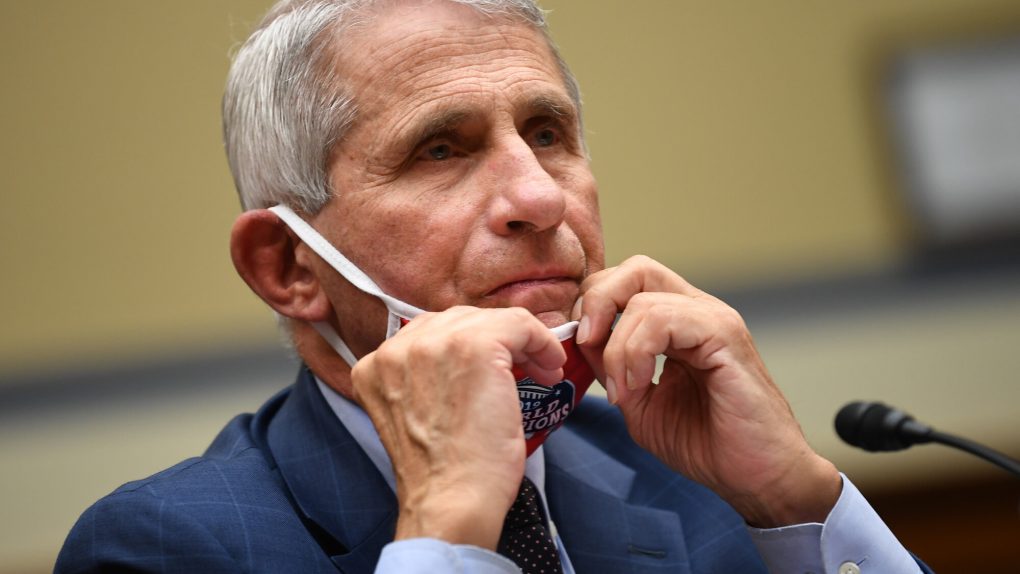According to Bloomberg’s vaccine tracker, 93.7 million does of coronavirus vaccine have been administered in the US as of Wednesday afternoon — an effort that’s now proceeding at a pace of 2.11 million doses per day, on average, being administered. At that pace, it will take until September for 75% of the US population to have been given a two-dose series of coronavirus vaccine, which would put us well above the minimum percentage of Americans that White House chief medical adviser Dr. Anthony Fauci says need to be vaccinated against COVID for us to reach herd immunity.
What’s great about that information is it provides some clarity around when we can finally start talking about the end to the pandemic and a gradual return to normalcy. Using the Bloomberg data, for example, we can also see that for every 100 people in the US, 28.2 coronavirus vaccine doses have been administered. Meantime, this all brings up another crucial point related to the vaccines — a question, to be more specific, that Dr. Fauci recently decided to answer about them.
Getting the vaccine, in and of itself, is not what will end the coronavirus pandemic. It’s the protection that the vaccines provide which does it — or, rather, the protection over an extended period of time. But just how long are people protected against COVID-19 post-vaccination? Here’s the best answer we have at the moment, per Dr. Fauci: You’ll be protected for at least six months.
That’s according to an interview Dr. Fauci gave to Wired last week, in which he explained that the six months’ worth of data that researchers have collected so far proves that the vaccines offer protection for at least that long. “What you do is you follow people for a period of time, you measure the level of antibodies, and you observe if there’s breakthrough infections,” he said.
“If it looks like after a year and a half, the antibody levels go down and people start to get breakthrough infections, then we know that after a year and a half, we probably have to give them a boost,” he said.
The drug makers behind the myriad coronavirus vaccines, as well as the CDC, are planning to keep monitoring peoples’ antibody levels until such time that protection against the virus seems to have started slacking off. It makes sense when you think about it — these vaccines have only actually been working inside the recipients for a few months, so any understanding about how long they work behind that is mere speculation at this point. The guess, though, is that the protection these vaccines offer against COVID lasts longer than six months, but whenever they start to wane is when we’ll have to look at getting a booster shot.
“There is a tenet in biology that viruses do not mutate unless you give them the opportunity to replicate,” Dr. Fauci said. “The easiest way to prevent the spread in the community is to vaccinate as many people as possible at the same time that you stick to the public health measures of wearing masks, of avoiding close contact, of avoiding congregate settings.”
The latter buys time for the former to work, with Dr. Fauci adding that COVID-19 is not, by any means, the first health crisis to be solved by a vaccine. Vaccines brought about the end to everything from smallpox to polio and measles, and Dr. Fauci thinks it will do so with this one, too.








